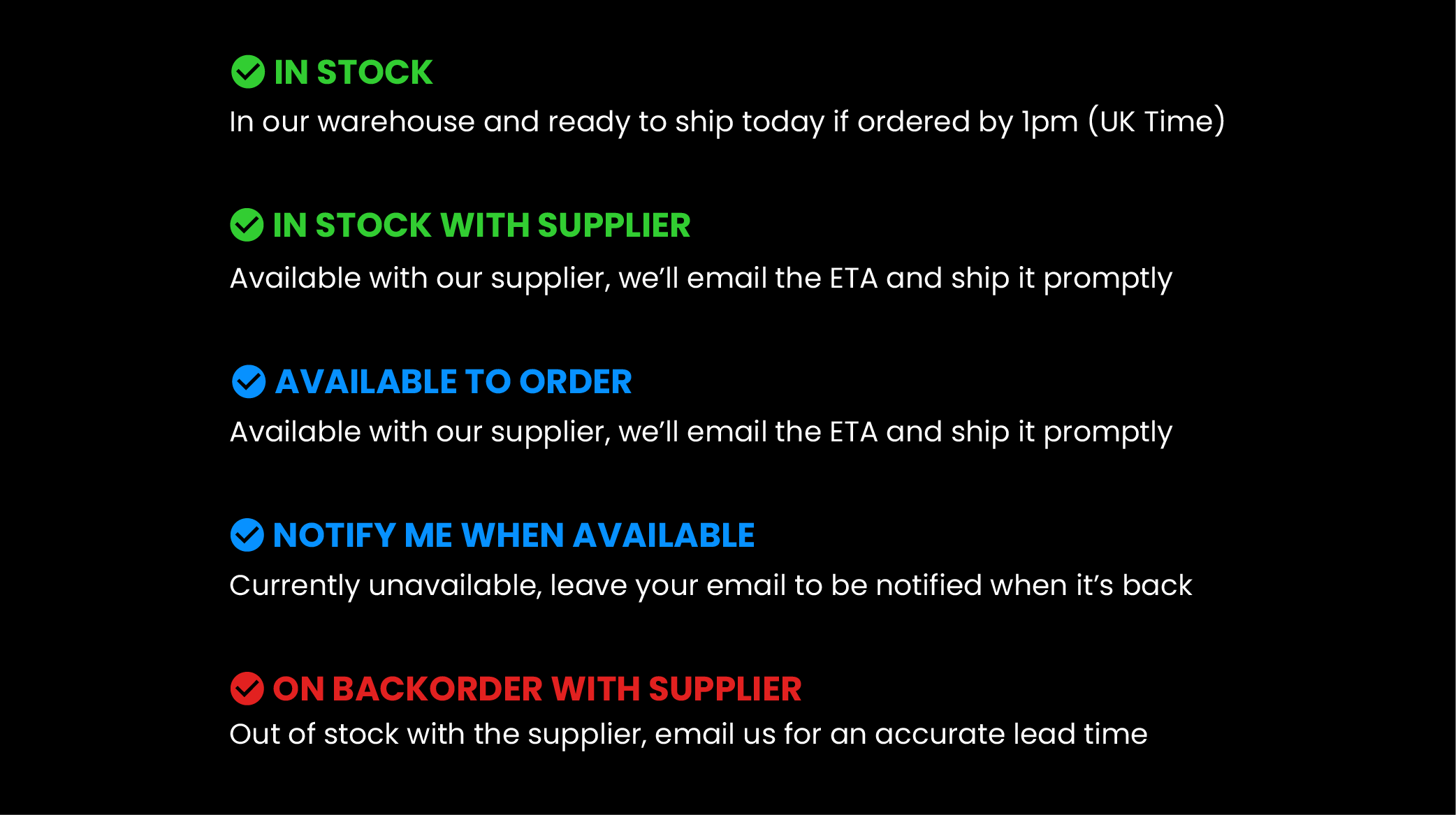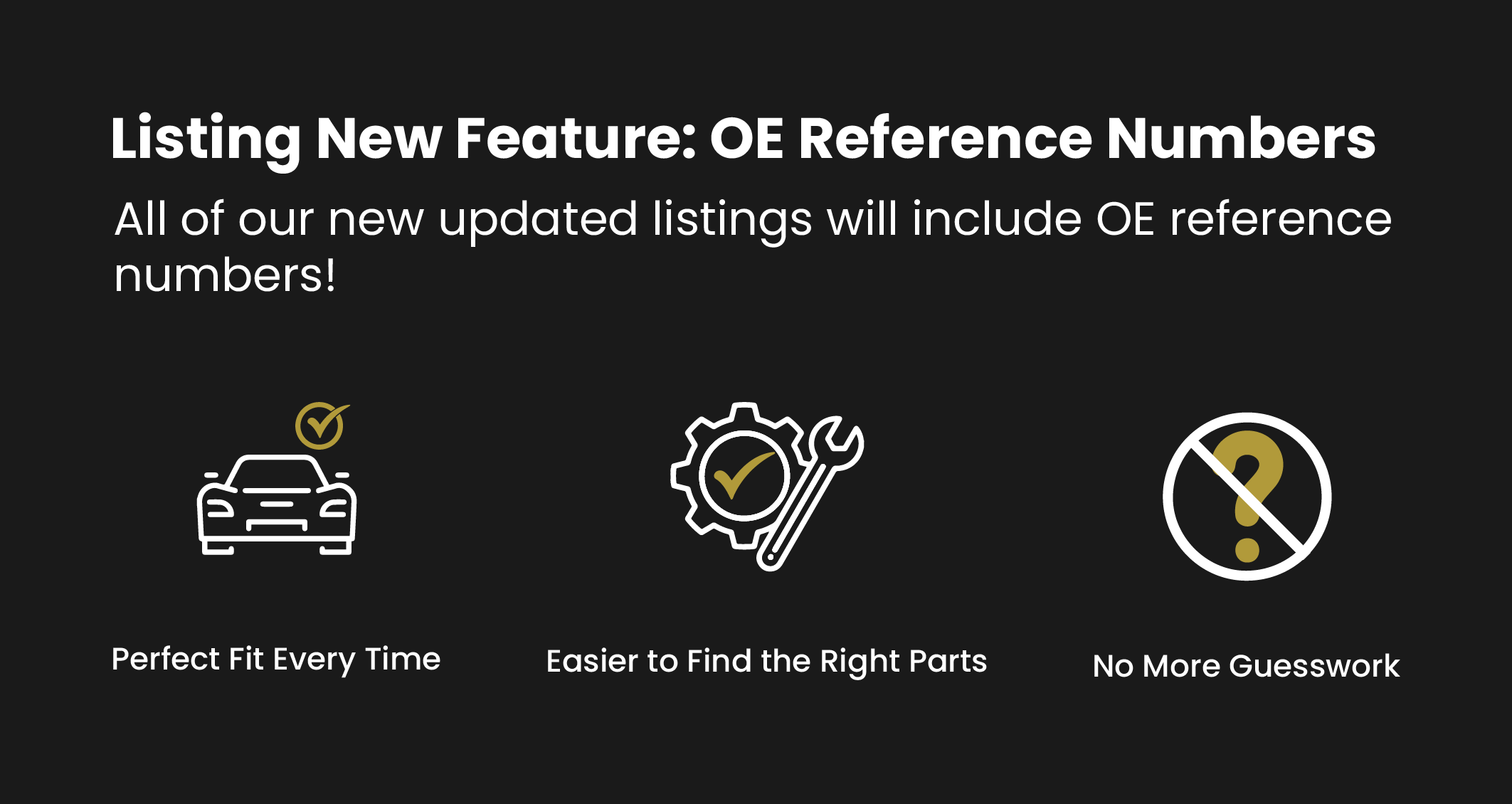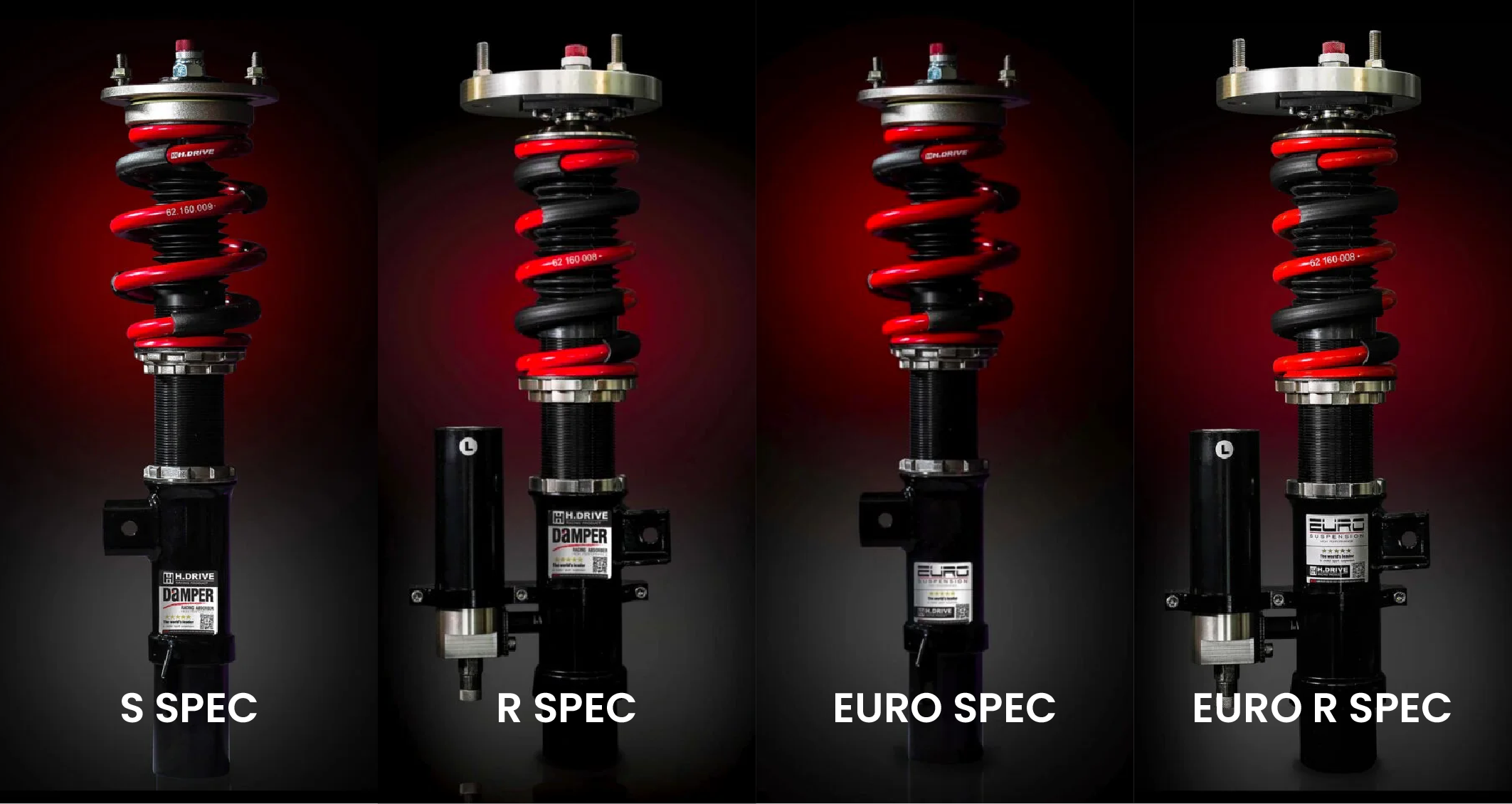Introduction
If you are simply looking for a link to our engine oil recommender you can find it here. But if you are interested in the science behind this feel free to read on!
The answer to the question 'What Oil Is Right For My Engine?' gets more complex by the day. In the past, it was almost irrelevant which oil you used in your engine. Cars tolerated almost everything and there were few to choose from. As emissions regulations, fuel and engine technology advanced car manufacturers have put extra effort to reduce fuel consumption and therefore emissions.
Engine oil has become one of the key elements to achieving the very best results. When they develop a new engine, the properties that the oil are set out early on. It is then up to the oil manufacturers to develop such an oil. Because each car manufacturer follows a different technological approach, the required oil properties deviate from one another.
This means that the general lubricant from previous decades has become a highly specialized liquid. The question of the "best oil" is therefore difficult to answer in general terms. Instead, it is a question of using the right oil for each car and the type of driving. Today, engine oil is like a liquid replacement part and manufacturers state that using the wrong oil is like fitting the wrong replacement part and can invalidate your warranty.
The latest engines are getting smaller and more powerful all the time, and manufacturers are specifying complex full synthetic oils to cope with higher engine pressures and to meet fuel efficiency targets.
Therefore getting it right at every oil change is essential and this is where we can help. We offer some of the best oils in the business from brands such as Liqui Moly, Mobil, Millers, Shell, TripleQX, and Castrol.
Image courtesy of Liqui Moly
What Specification?
We always recommend using oils that meet your car manufacturer's specifications. This will ensure the oil has the correct properties for your specific engine.
Although you may see API (American Petroleum Institute) and ACEA (European Automobile Manufacturers' Association) certifications on oil products which can give us a good indication on the type and quality of the oil, these should always be superseded by the manufacturers specifications.
Some garages only stock one brand of oil, so they may suggest you use that, however as we stock a large selection of brands we can often recommend an oil that is good if not better than what your local garage may offer. Regardless of what specification your car needs, we will have it!
You can find the manufacturers oil specifications in your owners handbook. Once you have that, simply utilize our ‘OEM Approval’ filter on the engine oil page to obtain the relevant engine oils. Alternatively, simply choose your model and use our engine oil recommender to shortlist the engine oils suitable for your vehicle!
The API service symbols and classifications
What is Viscosity?
Simply put, viscosity is a measurement of the thickness and 'ease of flow' in any liquid. For example, water is a thin liquid that flows freely, so we say that it has a low viscosity. Honey, on the other hand, is relatively thick and flows more slowly. So we describe honey as having a high viscosity. It's also worth noting that honey flows more easily - and is therefore less viscous - when it is slightly warm. Engine oil behaves in pretty much the same way, which is why mechanics will usually run an engine for a minute or two before draining used engine oil away to replace it.
Most engine wear occurs during a cold start and warming up phase of the engine. It is therefore imperative to have a low viscosity oil when the oil is at low temperatures. This allows the engine oil system to quickly build up oil pressure and easily pump the oil to all of the moving engine parts to provide protection.
As an engine warms and drivers use more of the engine’s potential, the forces increase and the oil temperature also increases. The rise in temperature would normally cause the oil to become thinner but with special additives oil companies are able to make the oil act in a way that it becomes thicker, ensure that it can withstand more extreme heat to prevent evaporation and cope with increase loads from the engine, which in turn offers the best protection.
Engine oil viscosity chart
Again, you can utilize the ‘Grade’ filter function on the engine oil page to shortlist the engine oils with the relevant viscosities you are after. Or, of course, simply choose your model and use our engine oil recommender to shortlist the engine oils for your vehicle!
Final Thoughts
We hope that this article helps with your next oil change. Just remember you can always talk to our oil experts and we will recommend various types of oil and why one may be more beneficial to your vehicle than another. We stock just about every type of engine oil you may need and they are on sale right now! So visit our engine oil page, use our engine oil recommender and there you go!
Of course, if you would like to filter your preferred engine oil by applying your own criteria feel free to use our filters on the same engine oil page too!






















